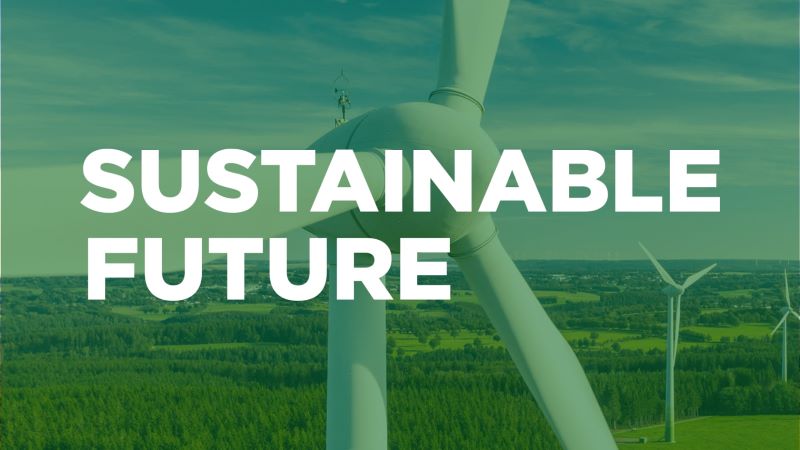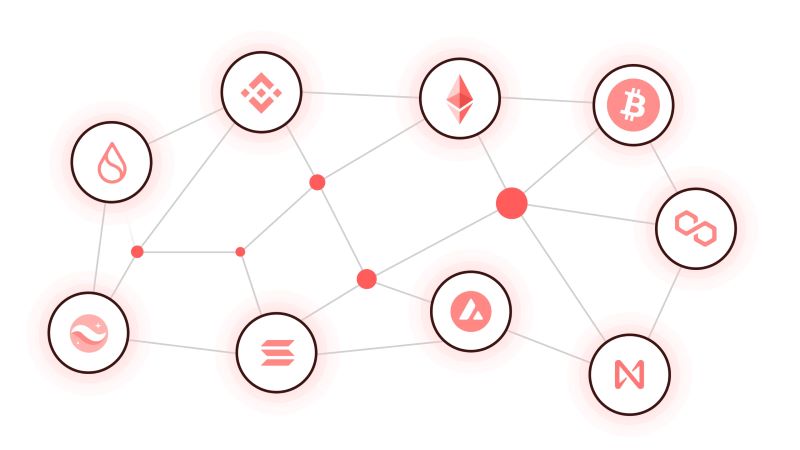This article explores the power of new blockchain technologies, focusing on interoperability, cross-chain solutions, DeFi advancements, NFTs beyond digital art, and sustainable blockchain innovations. Discover how these technologies are transforming industries and opening new opportunities.
The Power of Interoperability and Cross-Chain Solutions
Blockchain technology, once a niche concept, has rapidly evolved into a transformative force across industries. Its inherent decentralized nature has ushered in a new era of transparency, security, and efficiency. However, the true potential of blockchain lies in its ability to connect and interact seamlessly. Interoperability and cross-chain solutions are emerging as the next frontier, unlocking a world of possibilities.
The current blockchain landscape is fragmented, with numerous independent networks operating in isolation. Interoperability aims to bridge this gap by enabling different blockchains to communicate and exchange data. This interconnectedness fosters collaboration and innovation, allowing for the creation of more robust and interconnected ecosystems.
Cross-chain solutions, a subset of interoperability, facilitate seamless communication and value transfer between different blockchains. These solutions unlock enhanced scalability by allowing applications to leverage the strengths of various networks. For example, a DeFi protocol could utilize one blockchain for fast transactions and another for secure asset storage.
The implications of interoperability and cross-chain solutions extend far beyond the realm of technology. These advancements are poised to revolutionize industries like decentralized finance (DeFi), supply chain management, and even governance. Imagine a future where individuals can seamlessly transfer assets between different blockchain platforms, access a wider range of DeFi services, or track goods through a transparent and immutable supply chain.
Decentralized Finance (DeFi)
The emergence of DeFi has sparked a profound shift in the way we think about financial services. DeFi platforms operate on open, permissionless blockchains, empowering individuals to control their finances without relying on intermediaries. This paradigm shift has opened up a world of innovative financial products and services, challenging the status quo of traditional institutions.
DeFi platforms offer a range of services, including lending, borrowing, trading, and insurance, all powered by smart contracts. These contracts automate transactions, ensuring transparency and eliminating the risk of human error. DeFi enables individuals to participate in financial markets with greater efficiency and reduced costs, democratizing access to financial services for a wider audience.
DeFi platforms have revolutionized traditional lending and borrowing by enabling peer-to-peer lending, where individuals can lend and borrow crypto assets directly from each other. DeFi protocols also offer decentralized exchanges (DEXs) that facilitate peer-to-peer trading of cryptocurrencies, providing an alternative to centralized exchanges.
While DeFi offers exciting possibilities, it’s crucial to acknowledge the challenges associated with this evolving space. Regulatory uncertainty, security vulnerabilities, and the complexity of certain protocols require cautious navigation. However, with ongoing development and the emergence of robust regulatory frameworks, DeFi is poised to play a significant role in the future of finance.
NFTs Beyond Digital Art
Non-fungible tokens (NFTs) have exploded in popularity as a medium for digital art, but their potential goes far beyond the confines of the art world. NFTs are unique and indivisible tokens that represent ownership of digital or physical assets, showcasing the promise of a decentralized future.
The metaverse, a burgeoning virtual world, is a prime example of how NFTs are driving innovation. NFTs enable ownership of virtual assets within the metaverse, from virtual land to digital clothing and accessories. This creates a new economy within the metaverse, where users can buy, sell, and trade virtual items with real-world value.
The application of NFTs extends beyond the digital realm. They can represent ownership of real-world assets, such as real estate, intellectual property, and even physical goods. This opens up new possibilities for fractional ownership, asset management, and supply chain traceability. Imagine owning a fractional share of a valuable property or tracking a product’s journey through the supply chain using an NFT.
NFTs can revolutionize supply chains by providing a tamper-proof record of product origin, movement, and ownership. This transparency enhances trust and accountability between stakeholders, enabling real-time tracking of goods and combating counterfeiting. NFTs can also empower consumers to make informed decisions by providing them with verifiable information about the products they purchase.
Building a Sustainable Future: Blockchain for Good
Blockchain technology has faced criticism for its energy consumption, particularly with the use of Proof-of-Work (PoW) consensus mechanisms. However, the emergence of green blockchain initiatives is addressing these concerns, creating a more sustainable future for this transformative technology.
The energy consumption associated with PoW is primarily driven by the computational power required to validate and secure transactions. However, alternative consensus mechanisms like Proof-of-Stake (PoS) offer a more eco-friendly approach. PoS relies on validators who stake their tokens to secure the network, significantly reducing energy consumption.
PoS offers a more energy-efficient alternative to PoW, as it eliminates the need for miners to solve complex computational puzzles. Instead, validators with a stake in the network are chosen to validate transactions and secure the blockchain. This shift towards PoS is gaining momentum, leading to a reduction in energy consumption and a more sustainable blockchain ecosystem.
Blockchain technology can also contribute to promoting renewable energy and carbon offsetting. There are blockchain-based platforms that allow individuals and organizations to invest in renewable energy projects or purchase carbon offsets, creating transparency and accountability in the carbon market. Blockchain can facilitate the tracking of carbon emissions and credits, ensuring the integrity of these initiatives.
The future of blockchain technology is brighter than ever. As interoperability and cross-chain solutions gain traction, DeFi continues its rapid expansion, and NFTs unlock new possibilities, the transformative power of blockchain is poised to reshape industries and empower individuals.
By addressing environmental concerns through green blockchain initiatives, we can unlock the true potential of this technology to create a more sustainable and equitable future.
Stay informed on new blockchain technologies and how they are revolutionizing industries with innovative solutions!




